In the realm of recreational vehicles, the terminology can be perplexing, particularly when it comes to travel trailers. One phrase that frequently crops up in discussions is “self-contained.” But what exactly does it mean in the context of travel trailers, and why does it matter to potential buyers or users? This guide aims to demystify the concept of self-contained travel trailers, highlighting their features, benefits, and addressing common inquiries to help you make an informed decision.
Definition of Self-Contained Travel Trailers
A self-contained travel trailer is designed to function independently, providing all essential amenities for a comfortable stay regardless of location. This setup allows users to camp or travel without relying on external utilities such as water, electricity, or sewage systems. Key components of a self-contained travel trailer typically include:
| Feature | Description |
|---|---|
| Fresh Water System | Built-in tanks for storing fresh water to meet drinking, cooking, and showering needs. |
| Waste Water System | Black water (sewage) and gray water (from showers and sinks) tanks for waste disposal. |
| Electric Power | Systems to generate or store electricity, often including solar panels, batteries, or generators. |
| Cooking Facilities | Stovetops, ovens, or microwaves, often complemented by a refrigerator. |
| Heating and Cooling | Climate control features such as furnaces or air conditioning units. |
| Sanitary Facilities | Built-in bathrooms that may include a toilet and shower. |
Advantages of Self-Contained Travel Trailers
When considering a self-contained travel trailer, various advantages come to light. Many RV enthusiasts gravitate towards these models for a multitude of reasons. Here, we explore the most noteworthy benefits:

1. Independence and Flexibility
Traveling in a self-contained trailer offers unparalleled freedom. Adventurers are not tethered to RV parks or campsites with hook-ups. This means you can enjoy remote camping spots, national parks, or local attractions with minimal concerns about facilities.
2. Comfort in All Conditions
Equipped with heating, cooling, and sanitation options, self-contained trailers allow for comfort regardless of weather conditions. Whether it’s sweltering summer heat or chilly winter nights, a self-contained travel trailer is prepared to provide the relaxation and coziness you seek.
3. Enhanced Hygiene
Self-contained models incorporate proper bathroom facilities, reducing reliance on communal restrooms, which can be unkempt or crowded. This aspect is particularly beneficial for families with small children or those who prioritize privacy and hygiene.
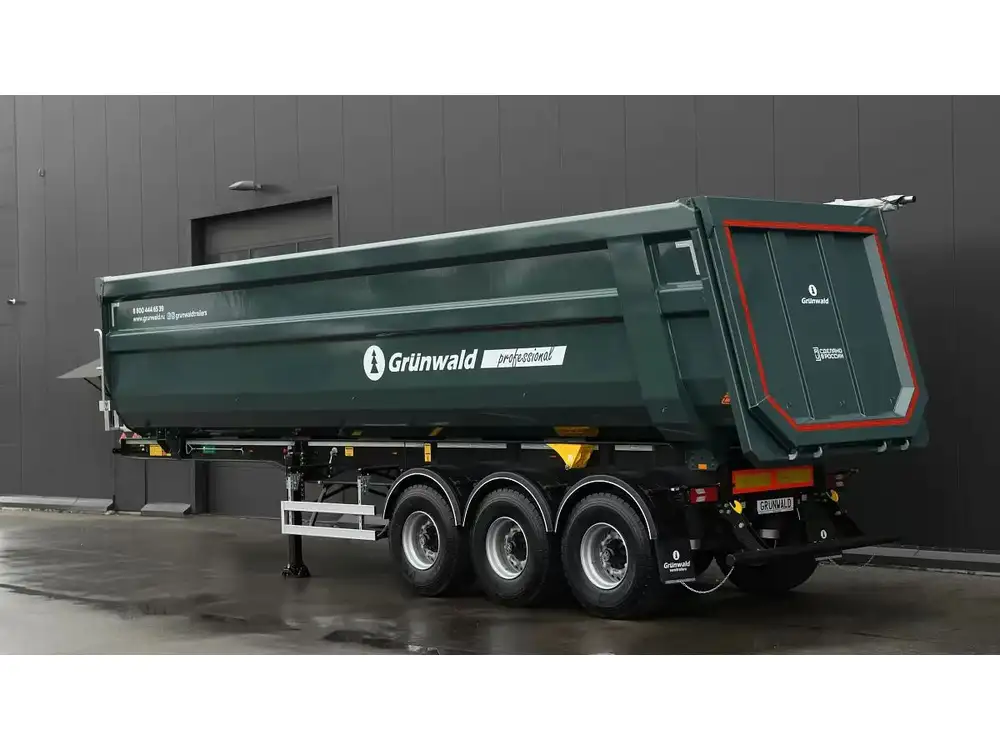
4. Cost-Effectiveness
While the initial investment for a self-contained travel trailer may be higher, the long-term savings can be significant. With the ability to boondock (camp without services) and the option to cook your meals, expenses usually associated with camping can be dramatically reduced.
5. Eco-Friendly Options
Many modern self-contained trailers come with green options such as solar panels and energy-efficient appliances. This aligns with growing preferences for sustainable travel, enabling you to minimize your carbon footprint.
Common Misconceptions about Self-Contained Travel Trailers
Despite their clear benefits, several misconceptions surround self-contained trailers. Addressing these can provide clarity and assist potential buyers:
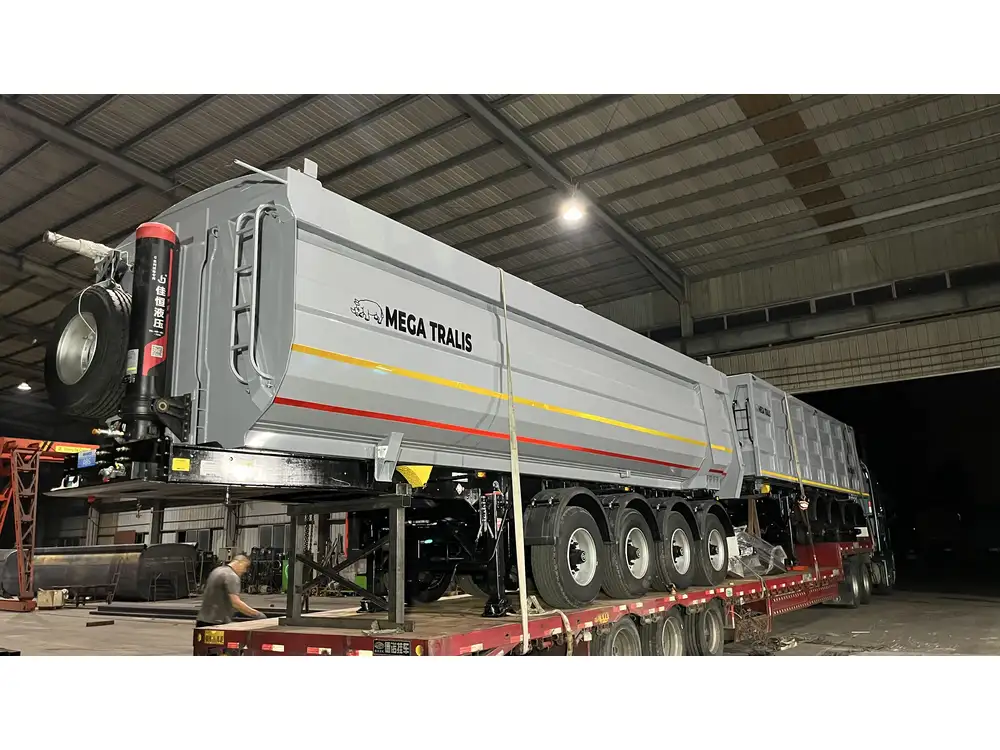
1. Self-Contained Means Off-Grid Capable
While self-contained travel trailers can operate without outside connections, their level of off-grid capability varies. Not all models are equipped with powerful batteries or solar panels sufficient for extended stays in remote locations.
2. They’re Only for Full-Time Travelers
Another myth is that self-contained trailers cater solely to full-time travelers or those who live in them year-round. In reality, weekend campers, families, and vacationers can also reap the benefits of having an independent living space.
3. Maintenance Is No Different
Many assume that self-contained trailers require less maintenance due to their self-sufficiency. In fact, these trailers need regular upkeep on all systems—water, electrical, waste disposal—to ensure optimal performance.
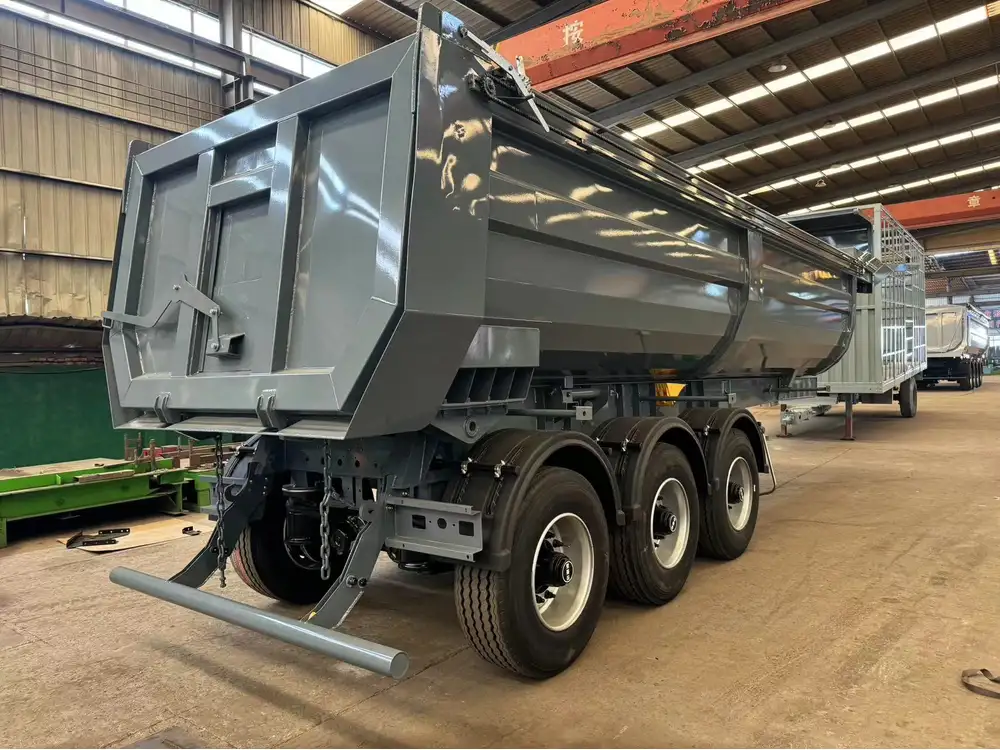
Key Features to Look for When Choosing a Self-Contained Travel Trailer
When considering a self-contained travel trailer, you want to ensure it meets your needs. Here’s a breakdown of essential features to look for:
| Feature | Why It Matters |
|---|---|
| Water Tank Capacity | Larger tanks mean longer stays away from facilities. Opt for trailers with at least 30 gallons of fresh water capacity for extended trips. |
| Black and Gray Tanks | Ensure these tanks can handle your waste comfortably. Models with higher gallon capacities provide convenience during stays away from dump stations. |
| Solar Capability | If you plan on boondocking, consider trailers pre-equipped with solar panels or the capability to add them. |
| Efficient Appliances | Look for energy-efficient refrigerators, stoves, and water heaters to minimize power consumption. |
| Insulation Ratings | If you intend to travel in varying climates, check the insulation ratings to ensure comfort regardless of temperature. |
Winterization and Maintenance
Maintaining a self-contained travel trailer is essential to ensuring longevity and optimal performance. Seasonal preparations, especially winterization, are crucial. Here’s a simplified guide to maintaining your travel trailer:
Steps for Correct Winterization
- Drain the Water System: Ensure all water lines, tanks, and faucets are completely drained.
- Add Antifreeze: Use RV antifreeze in the plumbing system to prevent freezing.
- Clean and Seal: Thoroughly clean the interior and seal any openings to deter pests.
- Check Batteries: Disconnect batteries and store them in a climate-controlled area to extend their lifespan.
- Cover the Trailer: Utilize a breathable cover to protect the exterior from the elements.
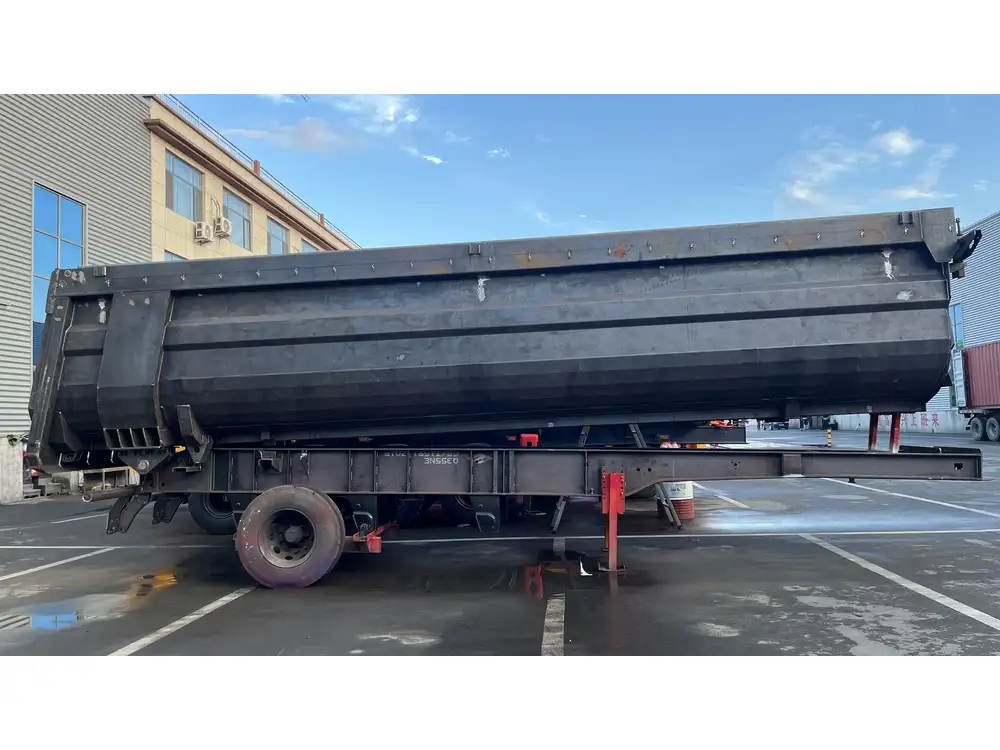
Regular Maintenance Checklist
| Maintenance Task | Frequency |
|---|---|
| Inspect Roof for Leaks | Annually |
| Check All Appliances | Every Trip |
| Clean and Test Water System | Monthly |
| Inspect Tires | Before Each Trip |
| Check Electrical Systems | Monthly |
Frequently Asked Questions
What Size Should My Self-Contained Trailer Be?
Size consideration depends on several factors: the number of occupants, purpose (full-time vs. occasional use), and vehicle towing capacity. Larger trailers offer more amenities but also require heavier vehicles for safe towing.

How Often Should I Empty the Waste Tanks?
Waste tanks should be emptied when they’re approximately 3/4 full. This ensures you have the capacity for overflow and helps to maintain a clean system.
Can I Use a Self-Contained Trailer for Extended Camping?
Absolutely! Self-contained trailers are designed for extended stays, provided they are equipped with adequate systems for water, waste disposal, and power.
Are Self-Contained Trailers More Expensive?
Initial costs can be higher, but they offer long-term savings with reduced campsite fees and cooking expenses. It’s vital to assess your travel habits to find the best economic fit.
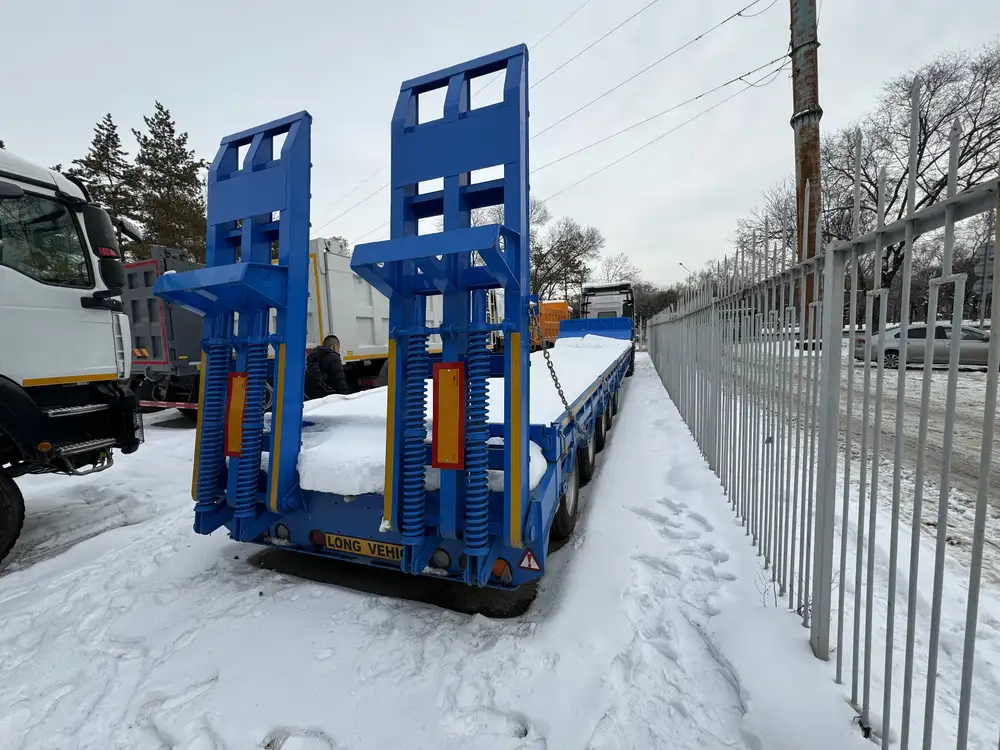
What Are the Must-Have Accessories?
Some essential accessories for self-contained travel trailers include:
- Water Pressure Regulator: Protects plumbing from high pressure.
- RV Surge Protector: Shields electrical systems from voltage spikes.
- First Aid Kit: Essential for any adventure.
- Camping Chairs and Tables: Increase comfort while relaxing outdoors.
Conclusion
Understanding what “self-contained” truly means illuminates the vast potential of travel trailers for adventurers, families, and wanderers alike. By embracing the independence and comfort that self-contained models offer, you open the door to new possibilities, whether for weekend escapes or extended journeys into the great unknown. In exploring the features, advantages, and essential considerations of these trailers, we hope you feel empowered and well-informed to embark on your next adventure.
Whether you’re already a seasoned traveler or a newcomer to the world of RVs, making informed choices will guarantee that your experiences will be enjoyable, sustainable, and tailored to your unique needs. The open road awaits!



